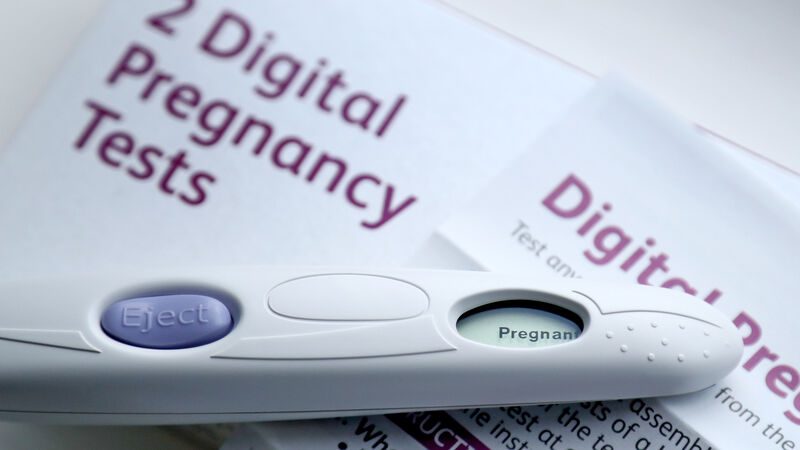First full year of public service fertility treatment resulted in 267 pregnancies

the HSE said the figure of 267 is 'consistent with international success rates'. File picture: Gareth Fuller/PA
Fertility treatment given to couples under the State’s public system in its first full year of operation resulted in some 267 pregnancies.
As the Cork clinic prepares to offer expanded services from later this year, advocates have called for more transparency with the service.













